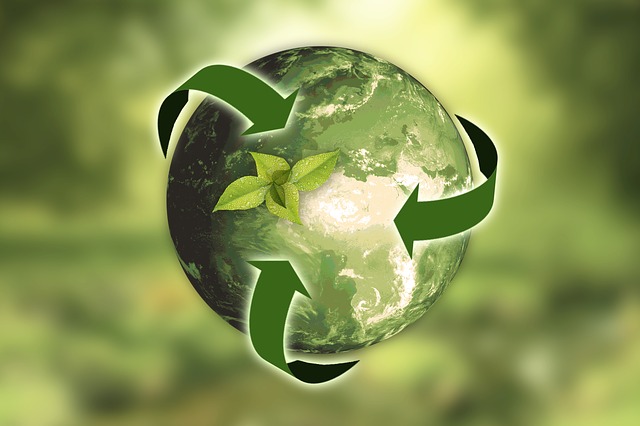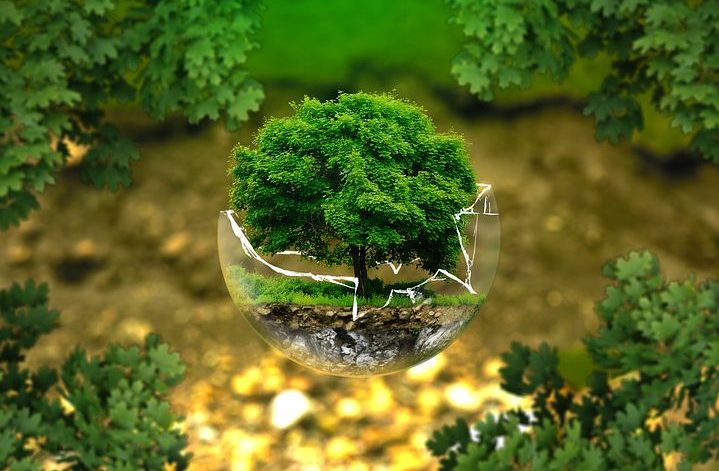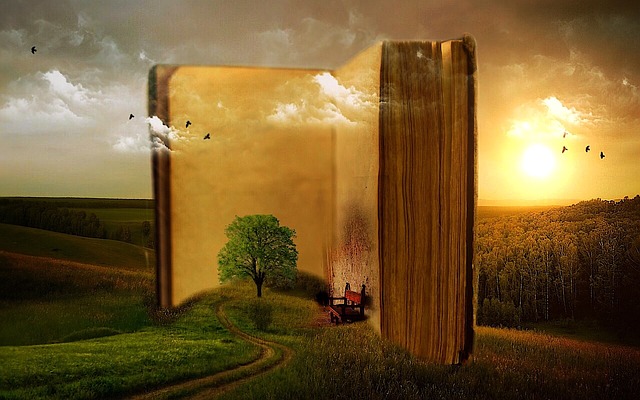Introduction
Recycle is a term used for discarded products that can be reused or any used product that can be transformed into other useful products. There are many items being used and discarded in a routine life that can be undergone a recycling process. Recycling involves a number of processes such as collection, segregation, and transformation of such discarded items.
Also read: How Pakistan Is Handling Plastic Waste and Pollution?
Recyclable Material
Recyclable material includes magazines, office paper, newspapers, glass bottles cardboard, plastic bottles, jars, a liquid containing cartons, plastic containers, empty aerosols, tin cans, and aluminum, etc.
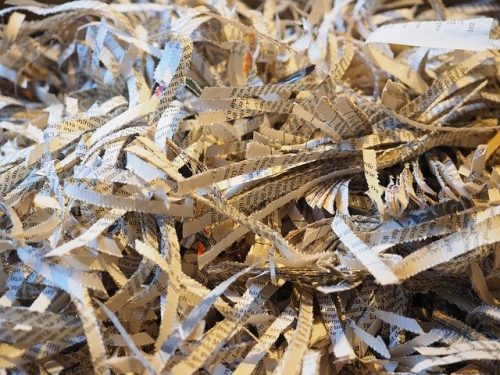
Non-Recyclable Material
Non-recyclable material includes medical waste, ceramics, takeaway cups, light bulbs, plastic bags, foam, disposable nappies, bioplastic, garden waste, oil, some electronic waste, etc.
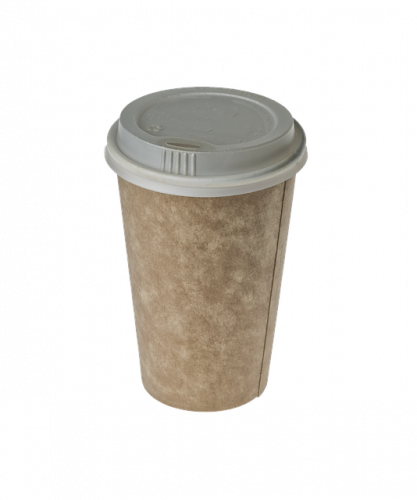
You might also be interested in: 10 Ways to Eradicate Solid Waste – Methods of Reducing Waste
Types of Recycling
There are three main types of recycling that are primary, secondary, and tertiary recycling. Other than that there are recycling types based on the material that is needed to be recycled.
Primary Recycling: This type of recycling is well known as closed-loop recycling that means turning the discarded item into the same product such as paper into other paper.
Secondary Recycling: This type of recycling includes the transformation of discarded items into new products but of the same material. It does not involve chemical processing. Plastic bottles are cut into two pieces to be utilized as plant pots.
Tertiary Recycling: This type of recycling involves the use of chemicals and often termed chemical recycling. The discarded item is transformed into a completely other new product by a chemical process. Car rubber is recycled into a computer mouse.
Also check out: Life Cycle Of Paper Waste In Pakistan – What Happens To It?
Environmental Benefits of Recycling
There are many benefits associated with Recycling for instance,
- It lessens the quantity of garbage being sent to dumping sites and incinerators
- It protects natural resources from being overexploited like wood, minerals, and water
- It helps in boosting the economy as this process makes a way to livelihood.
- It reduces waste pollution by limiting the accumulation of discarded raw materials
- It helps saving energy as well as energy resources.
- And recycling creates opportunities for employment in manufacturing fields.
Also read: Plastic Crisis: An Emerging Threat to Mountain Ecosystem
Potential of Growing Recycling Business in Pakistan
Increasing municipal solid waste triggers environmental problems. All around the world, nations are implementing recycling plans so that the waste burden could be reduced. Inefficiency in waste handling leads to increased environmental issues causing pollution. Waste that is subjected to incineration might hold recyclable material so segregation at the collection point is necessary.
In Pakistan recycling is practiced to some extent for example plastic bottles, newspapers, and few other products are being sold at the household level. News reported that the youngest social entrepreneur in Pakistan recycled newspaper into the gift bag and started selling it.
Currently, every option that would help cut down the use of nonrenewable energy sources could be a preferable choice by the country. By using recyclable material, it will cut down 95% of energy in one case, 60% in another case that is being utilized in the manufacturing of new products. Proper segregation of household waste such as recyclable and non-recyclable materials is not common among citizens. And because of this reason, the quality of some discarded products is decreased, hence making these items economically unimportant for the recycling process.
Published Research
There is published research about the “Economic potential of recycling business in Lahore, Pakistan”.
The research reported the results of household waste recycling in Lahore by employing cost analysis. According to evaluated results, almost 21.2 % of waste is subjected to recycling and the unofficial industry makes US$4.5 million annually. If there is an official recycling industry, it will make US$8.8 million annually through recycling materials and would reduce the burden on energy and natural resources.
Conclusion
The prime concern of every environmentalist in the world is the sustainable approach towards resources. The things that are being manufactured in the world need sustainable management in order to reduce the burden on the Earth. The favorable approach is reducing, reusing, and recycling.
The idea of clean waste is being practiced in the country; however, more public awareness is needed. There are separate bins in few big malls for waste types with clearly visible logos promoting the recycling process.
Also check out: Blueprint of an Eco-city – How To Create Sustainable Cities?
Recommendation
Bearing in mind that Pakistan is facing climate changes, energy crisis, and changing economic conditions, there is a dire need for processes and steps that make the country strong enough to tackle environmental issues. The benefits associated with Recycling will help the country to boost economic conditions, reduce the burden of waste, and protect overexploiting resources.
Check out, Biomethane from MSW– A Case Study of Karachi Pakistan
I hope you all liked this post! Please comment below if you have any suggestions, comments, or feedback! We at #envpk love hearing from our readers! Thanks!

